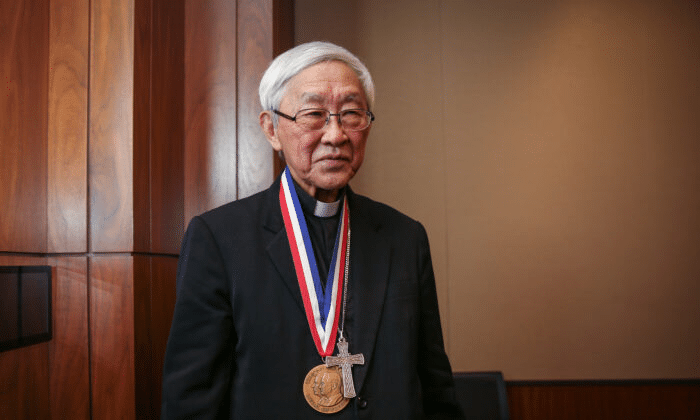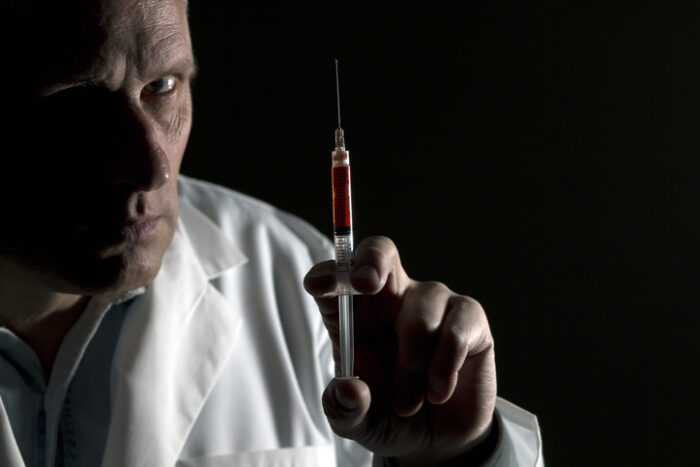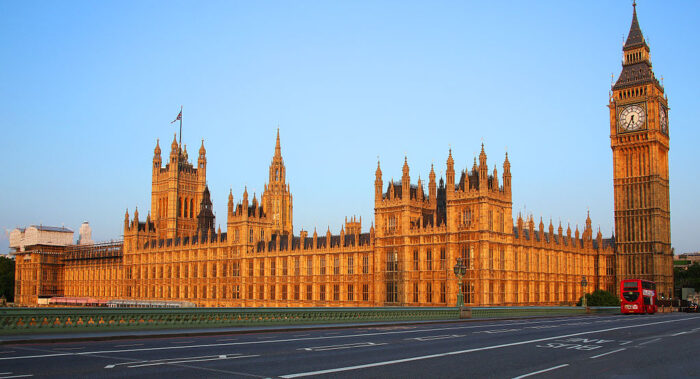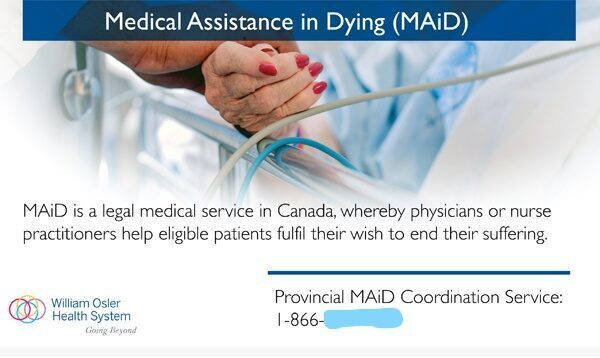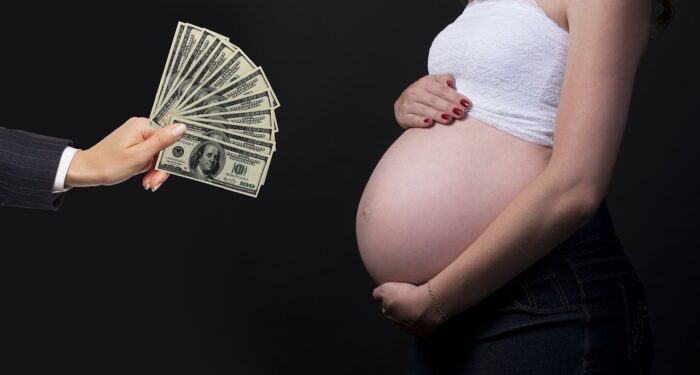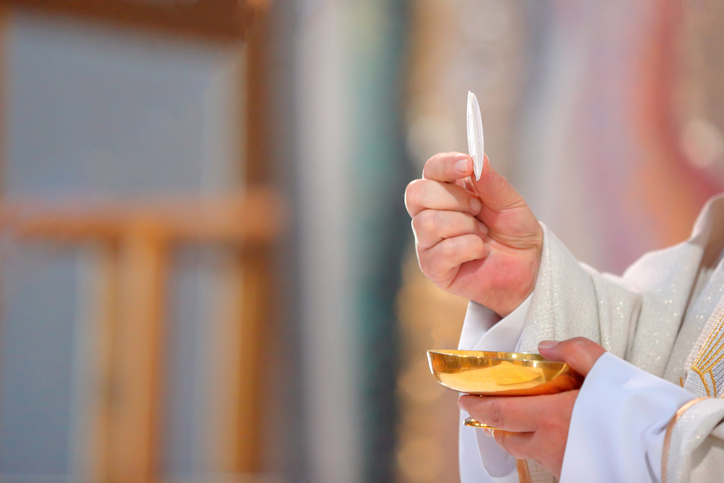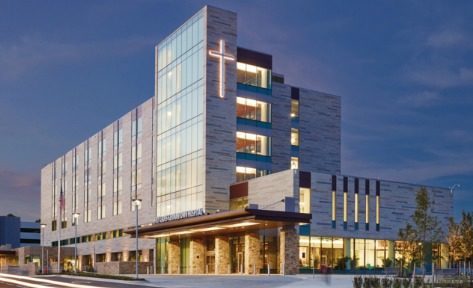The Religious Sisters of Charity are fearful and bewildered for having been so badly portrayed in the public eye since deciding to transfer ownership of St Vincent’s Hospital in Dublin, paving the way for the new National Maternity Hospital to be built on the same campus.
“You would think we were evil,” a source close to the Sisters told The Irish Catholic this week. “We’ve been treated like monsters. In no way do they want the Church involved in any way [in the running of healthcare].
“Yet many, many people experienced the care and the work the Sisters had done. . . . Yes, there were some exceptions but for the most part the good that was done was amazing,” the source said.
The Religious Sisters of Charity began caring for cholera victims in Ireland in 1832 and in 1834 set up St Vincent’s Hospital and since then have been “dedicated to providing the best possible healthcare in hospitals, hospices, nursing homes and in the homes of the sick.
“The nuns are also known for their work among prisoners and the homeless as well as in education, counselling and immigrants.
“It is distressing that people would think so badly of us. I’m more concerned for the people who are saying these things than for us,” continued the source.
“The sisters are absolutely terrified of the media and the way they have been portrayed. The notion that a young person listening to this, what idea of Christianity do they go away with?” she said.



